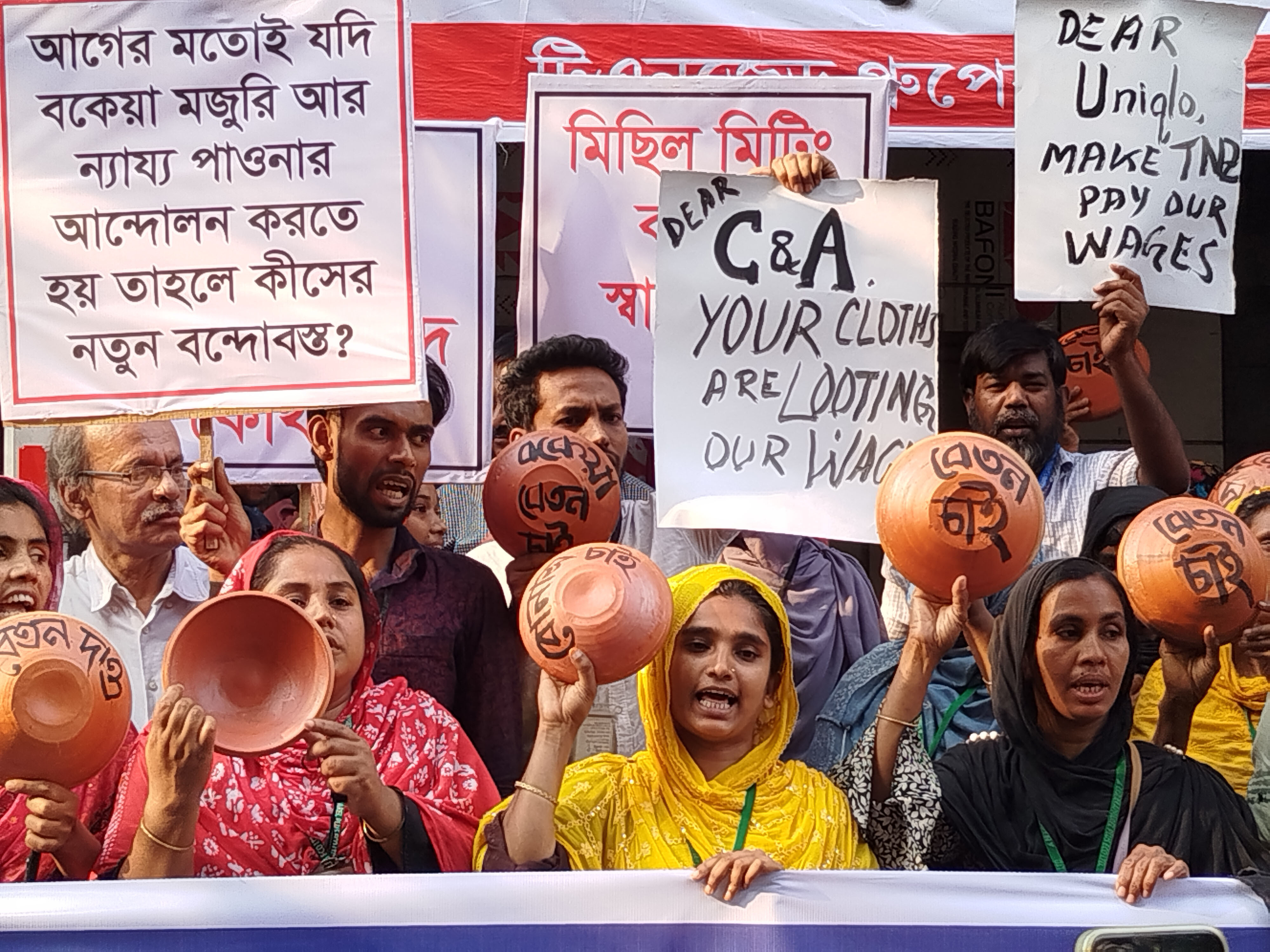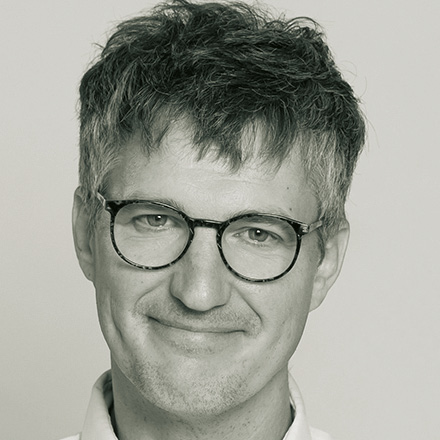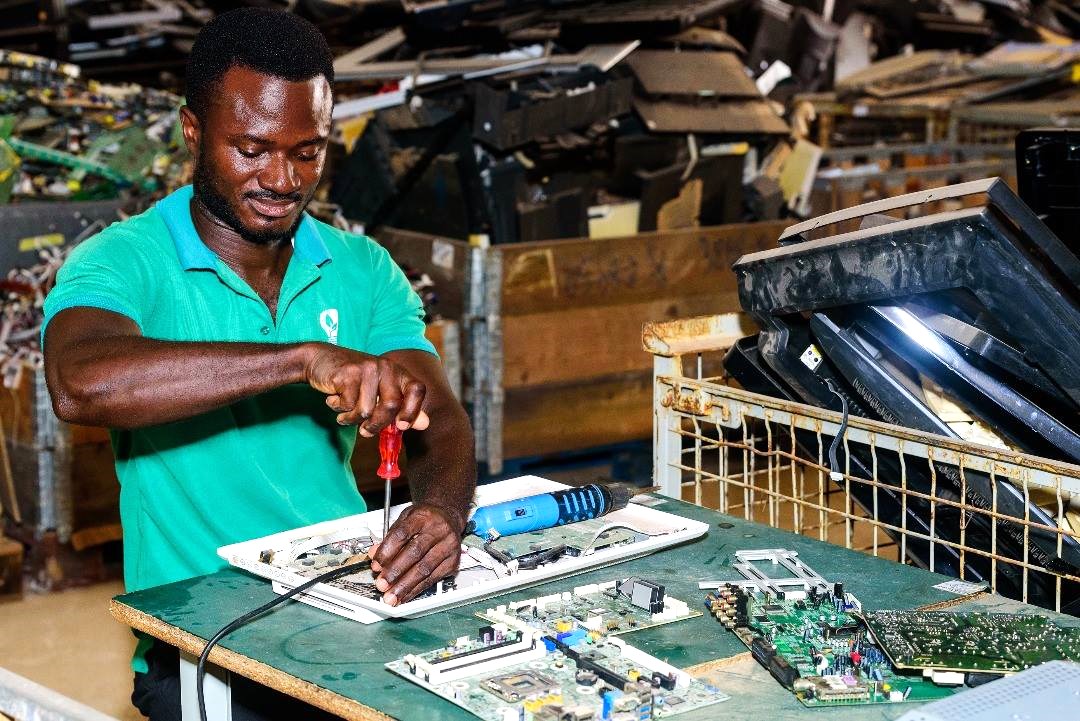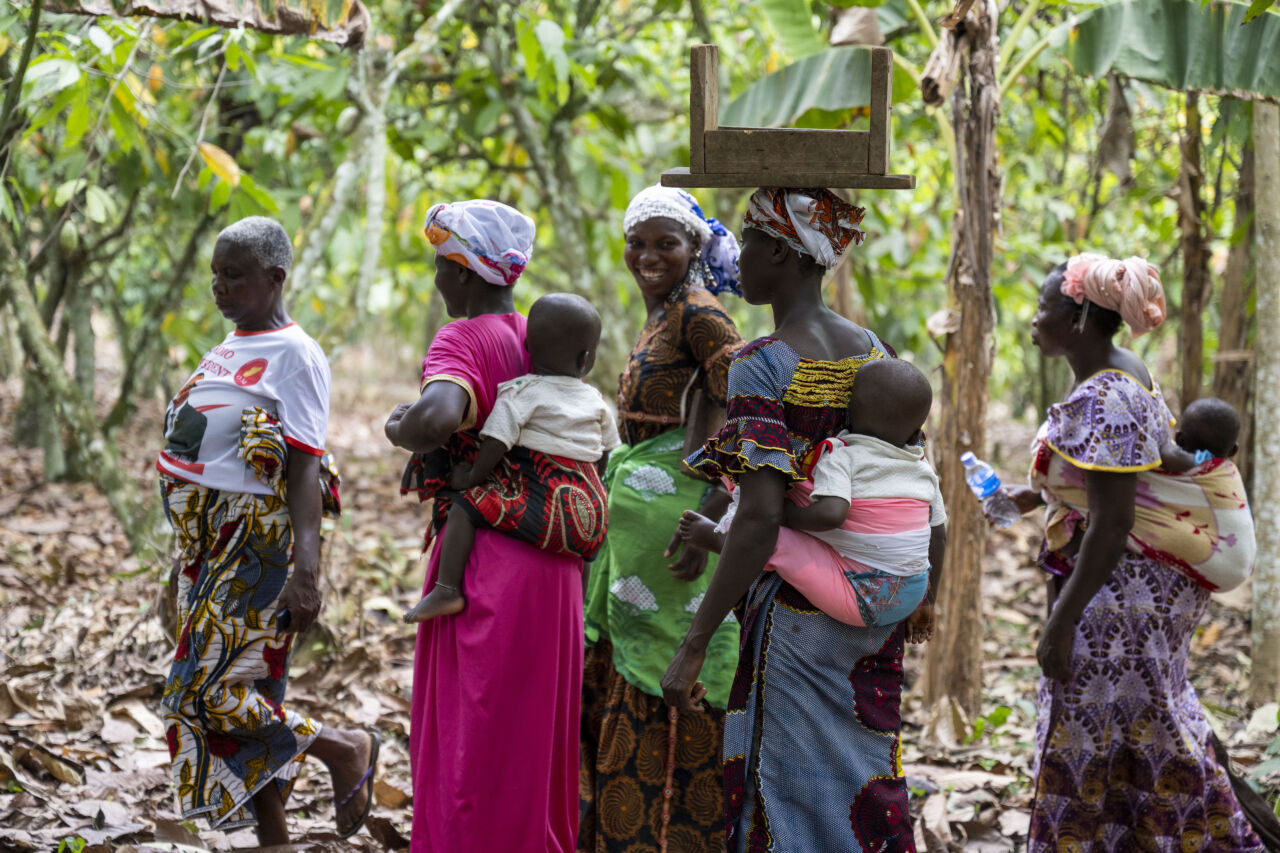Recycling
A system for collecting waste
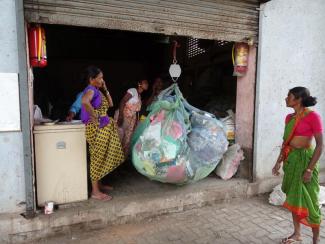
Household waste in India and other newly industrialising countries is increasingly made up of packaging and other plastic products that are not naturally degradable. There is a lack of proper waste collection and recycling systems, so people often litter their environment, thoughtlessly dropping garbage on streets. The problem is particularly pronounced in India’s densely-populated cities.
Plastic waste is a major cause of marine pollution. Plastic bags and PET bottles make their way into the ocean from rivers or settled coastlines. The United Nations Environment Programme (UNEP), the European Commission and Germany’s Federal Government are paying increasing attention to this issue.
The plastics industry is facing the problem worldwide and has started to respond. National associations of the industry are cooperating ever more closely with their counterparts at the global level, expanding plastic waste collection schemes and introducing professional recycling programmes.
On behalf of Germany’s Röchling Stiftung, the German Association of Plastics Converters (GKV) and the Organisation of Plastics Processors of India (OPPI) conducted an analysis to assess the conditions for plastics recycling in the Indian state of Maharashtra in 2013. Mumbai is the capital of Maharashtra. The analysis was based on structured interviews with key stakeholders. The investigation found that there was much scope for improvement, especially in regard to recycling used consumer goods and household waste.
In Mumbai, as in other Indian cities, rubbish is mostly collected by informal waste pickers. They are normally women. They make their living collecting plastic waste and selling it to intermediaries. The problem is that they collect and trade very small amounts on a scale that is inadequate for up-to-date recycling.
To improve matters, the waste pickers need to be involved in a well-structured waste management system. That will not be possible unless the solution proves beneficial to the waste pickers themselves. Furthermore, housing societies, schools, hotels and other waste producers have to agree to the strategy and contribute to its implementation. The infrastructure and technology of waste collection and sorting must improve too.
This kind of approach is now being taken in Mumbai. The Stree Mukti Sanghatana (SMS), an non-governmental organisation, represents waste pickers and supports women’s rights. It plans to set up seven collecting and sorting stations throughout the city. Each will initially have a waste recovery capacity of 25 tonnes per month, of which plastic waste is expected to make up seven to eight tonnes.
Since 2014, the Röchling Stiftung has been funding SMS' efforts to establish the local collecting and sorting stations and to provide financial support for involving waste pickers in the new system in Chembur-West and Mulund, two districts of Mumbai. The local government is contributing garbage trucks, drivers, land and storage sheds.
The following activities are underway in order to improve conditions for waste recovery in both districts:
- raising people’s awareness for the need for properly designed waste management;
- encouraging local waste pickers to participate, and providing them with training on how to sort waste;
- purchasing waste from local pickers at fair prices according to accurate weighing;
- collecting waste using city waste transporters and transferring it to one of the collection and storage sheds provided by the city; and
- documenting waste collection and sales as soon as there is an adequate amount for recycling.
As part of the project, the planned waste storage sites have been modernised. For instance, safety and ventilation technology was installed, and shredders and balers were acquired. Accordingly, working conditions and economic prospects have improved for more than 70 waste pickers in both districts. The women’s income has increased by about 20 %. The improved infrastructure allows for larger volumes of plastic to be collected and stored, so it is now possible to sell the waste directly to recycling companies. SMS expects that the project will soon become economically self-sufficient thanks to its increased productivity.
Oliver Möllenstädt is the executive director of the German Association of Plastics Converters (GKV).
o.moellenstaedt@gkv.de
Link
German Association of Plastic Converters (GKV):
http://www.gkv.de/en/
